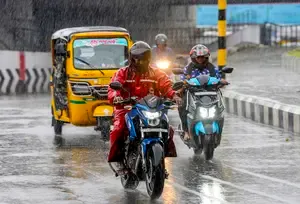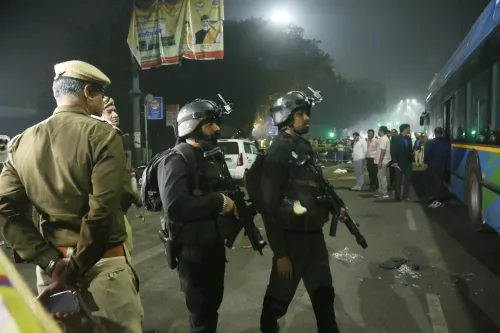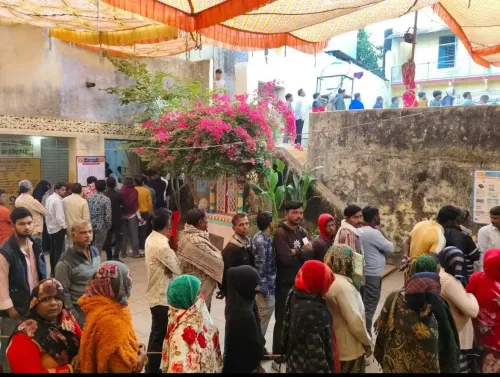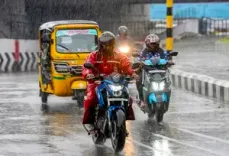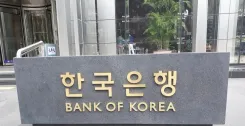Is the WBSSC Recruitment Case Leading to Unjust Police Actions Against Teachers?
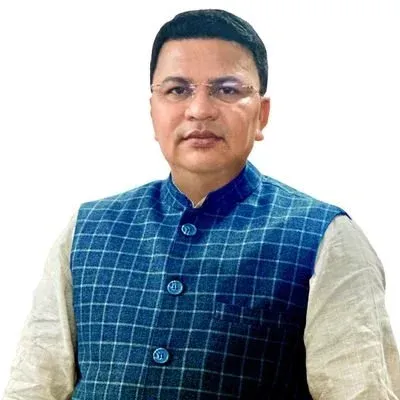
Synopsis
Key Takeaways
- Jyotirmay Singh Mahato has raised serious allegations against police actions in West Bengal.
- Over 40 teachers suffered injuries during the police crackdown.
- The police actions may have violated several legal provisions.
- The Supreme Court ruling has had a significant impact on employment for teachers.
- The issue highlights ongoing tensions regarding education and employment rights in the state.
Kolkata, May 17 (NationPress) Two-time BJP Lok Sabha member Jyotirmay Singh Mahato has formally addressed a letter to the Chief Justice of the Calcutta High Court, T.S. Sivagnanam, requesting a suo motu intervention regarding the harsh police action on Thursday night aimed at dispersing the gherao protest held by the untainted or genuine secondary and higher secondary teachers in West Bengal's state-run schools, who were affected by a recent Supreme Court ruling.
In his correspondence, Mahato alleged that the police were not acting alone; rather, they were assisted by thugs affiliated with the ruling Trinamool Congress, under the direction of certain party leaders, who orchestrated a violent assault on the teachers during the demonstration.
“The actions of the police seem to breach multiple provisions of Indian law, particularly under the Bharatiya Nyaya Sanhita (BNS), raising critical concerns about the safeguarding of fundamental rights and the adherence to the rule of law. I earnestly implore your honorable court to take suo motu cognizance of this issue to guarantee justice and accountability,” the letter stated.
Mahato reported that over 40 teachers were injured during the protest, suffering from severe wounds including head injuries, fractured bones, eye damage, and even a reported heart attack due to the police's brutal cane charge.
“The police actions have violated several sections of the BNS and contravened established police protocols such as the Model Code of Conduct for Indian Police, 1965,” he emphasized in his letter.
Earlier, on April 3, the Supreme Court upheld a decision made by the Calcutta High Court, which had annulled the employment of 25,753 teachers in West Bengal, citing a lack of due diligence from the state government and the West Bengal School Service Commission (WBSSC) in distinguishing between untainted and tainted candidates.
The state authorities and WBSSC have since lodged review petitions with the Supreme Court regarding this ruling.

